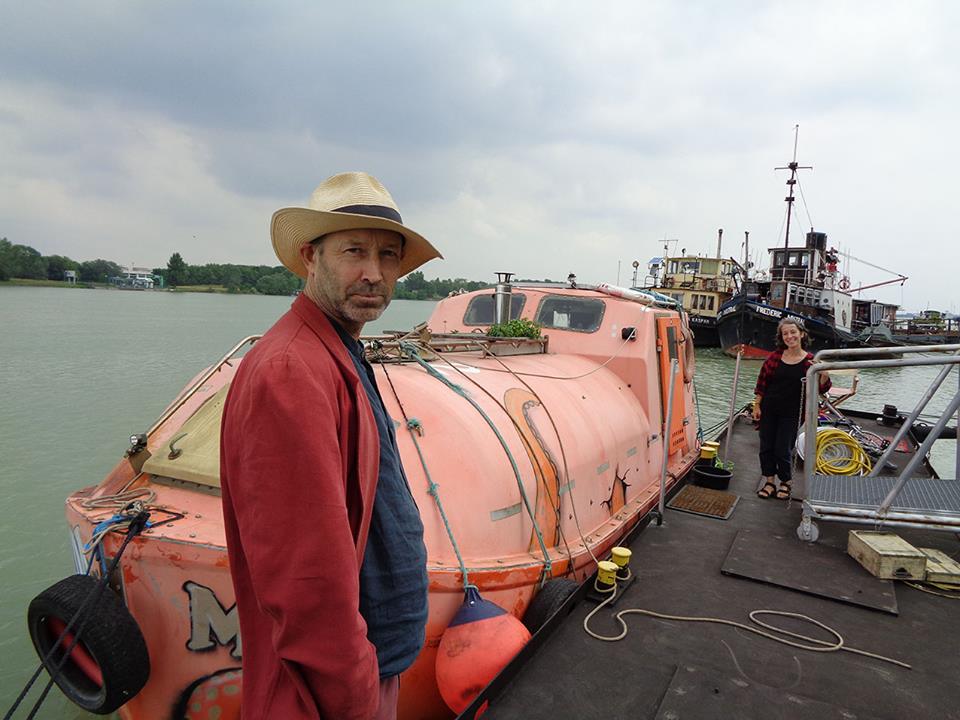The value of the #Fediverse isn’t in the tech specs. It’s not in the #ActivityPub protocol or the code itself, those are tools. The value lies in the culture that birthed it. The #Fediverse is the living embodiment of the #openweb, not some #VC Silicon Valley plaything. But as money floods in #mainstreaming forces will unconsciously increasingly try to turn it into another hollow platform, on this we risk losing the very thing that makes it powerful, its strong decentralized, trust-based roots.
The looming battle is CONTROL vs. TRUST
We need to shout this loud and keep shouting it: if we don’t compost the inrushing #techshit, we will rot in it. So if you’re plotting a power grab, do us all a favour – DON’T. These grabs for control create more mess that others then have to clean up. #Powerpolitics is a wasteful distraction, and we have better things to do. The #Fediverse is built on trust and open collaboration, it is not the place for #fashionista influence peddling or backroom power games. If you want real change, try the #4opens, it’s the grounded native path.
Look at history, every commons that survives long enough faces an inflection point. Do we defend openness, or do we let it be devoured by the forces of control? Right now, we are at that moment.
- CONTROL wants to bring in governance models borrowed from the corporate. #NGO world, top-down, centralized, policed from above.
- TRUST builds governance through open, messy, and transparent processes, by learning from failures rather than silencing dissent.
It’s the serious question: are you on the side of CONTROL or TRUST?
Breaking the cycle of destruction, the #mainstreaming web is collapsing under its own dead weight. People are stepping back to the #openweb, but they are bringing their baggage with them. We need better tools to mediate this influx. If we don’t, we’ll repeat the same mistakes that led to the first enclosure of the internet commons 20 years ago.
The Fediverse is working, and that’s terrifying to the #dotcons and the #NGO class trying to domesticate it. It still needs to destroy billions of dollars worth of CONTROL while growing billions of people and communities based on collective happiness. That’s the balance we push and maintain: keeping it messy enough to stay real, but structured enough to survive.
And let’s be clear, if we don’t call out those in our own communities who push control agendas, we are complicit in their mess making. If we don’t resist the #NGO push to turn the Fediverse into another grant-funded, #VC playground, we are signing its death warrant. If we don’t challenge the rising mobs of faux-activists and #fashernistas who police culture over substance, we are handing them control.
The Poison is the cult of control, isn’t only corporate overlords, it’s also being fed by dead ideologies like postmodern nihilism. Too many people are weaponizing identity politics, turning everything into a performative purity contest. The cruelty of social capital hoarding is just as toxic as corporate greed, it’s the same authoritarian impulse, just wearing a different mask.
YOU can’t do social change without annoying people. We need to stop chasing distractions and focus on real accountability. Otherwise, we are just repeating the cycle that destroyed the early web. Let’s be blunt: if you think you can do radical change without stepping on toes, you’re play-acting. You’re the problem, not the solution. If this annoys you, good—that means it applies. We don’t have time for the normal path of #stupidindividualism, for personal empire-building, or endless #powerpolatics struggles. The #Fediverse is about cooperation over control, culture over corporations, and trust over fear. Let’s keep shouting this, least we forget.
The reality is messy. The future is uncertain. That’s OK. The answer isn’t sterile management, it’s composting the ground into something fertile. We aren’t shouting into the void. We are building something new from the mess of the old. Dive in, follow the flow, and be part of the solution, click a hashtag to join the conversation:
#OMN
#openweb
#activitypub
#stepaway
#4opens
#geekproblem
#fashernista
#dotcons
#failbook
Are you here to build, or are you here to control? Choose wisely please.

